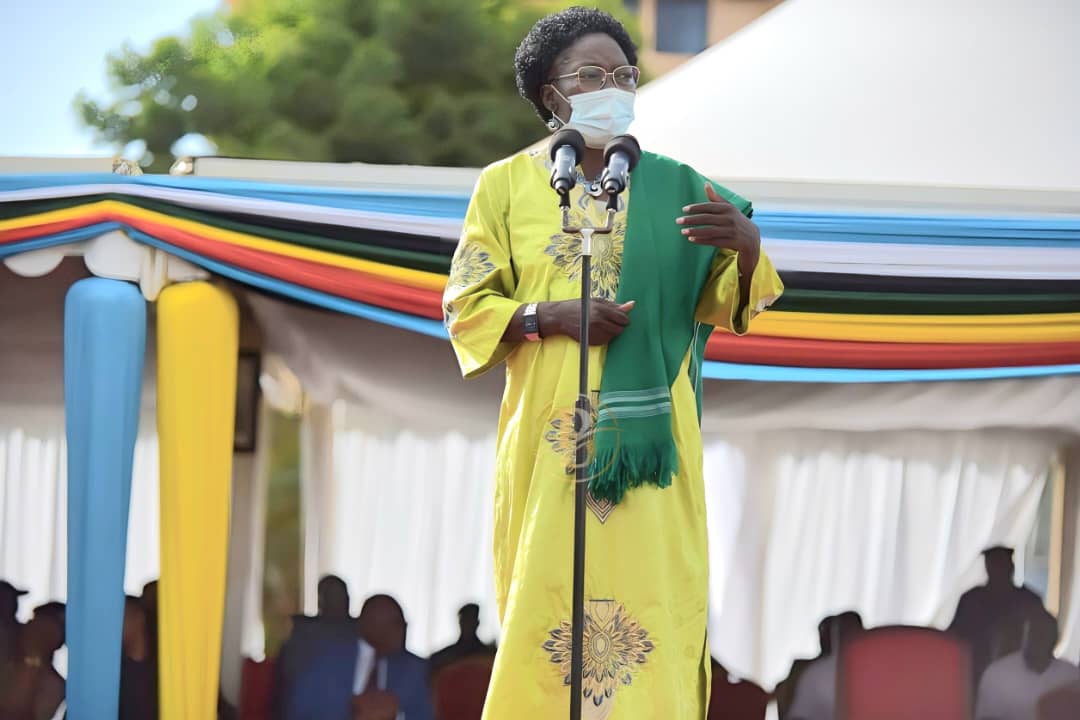The 1st Deputy Prime Minister and also Minister of East African Community Affairs Rebecca Kadaga emphasized the pivotal role of Uganda and Kenya in the East African Community (EAC) integration process.
The remarks were made today at Busia one stop border post
Commending the Republic of Kenya for hosting the crucial meeting, she acknowledged the collaborative efforts of the private sector, development partners, political leadership, and cross-border traders in advancing the EAC Integration Agenda.
A significant highlight was the admission of the Democratic Republic of Congo (DRC) as the EAC’s Seventh Partner State during the 19th Ordinary Summit in March 2022. Kadaga underscored the EAC’s progress in implementing key pillars, including the Customs Union, Common Market, Monetary Union, and the ongoing drafting of a legal framework for the Political Federation.
The achievements under the Customs Union were particularly notable, with milestones such as the Single Customs Territory, One Stop Border Posts, and the Electronic Cargo Tracking System. Kadaga highlighted the reduction of clearance time by 84% and the resolution of 65 Non-Tariff Barriers, emphasizing the positive impact on regional trade and prosperity.
Moving to the Common Market, Kadaga outlined the success in trade facilitation, the issuance of the International EA e-Passport, and the guarantee of free movement of persons and workers. Notably, student visas were abolished, promoting seamless access to education across Partner States.
The Monetary Union’s progress involved the establishment of key institutions and the implementation of an Open Data Portal for regional statistics, contributing to the convergence of currencies within the EAC.
Addressing the ultimate goal of Political Federation, Kadaga highlighted achievements such as the Constitution-Making Process, Election Observation, and the structured engagement of women and youth in peace and security initiatives.
However, Kadaga acknowledged challenges, including similarity in regional commodities, Non-Tariff Barriers, overlapping membership in multiple economic blocs, slow harmonization, and the lack of a sustainable financing mechanism.
Looking ahead, Kadaga outlined opportunities, including an expanding membership for a larger market, better management of shared natural resources, adoption of a new Common External Tariff, and leveraging economies of scale for transboundary infrastructure investments.
She called for continued cooperation to combat security threats, deepen cultural connectivity, and ensure a prosperous future for the East African Community.





